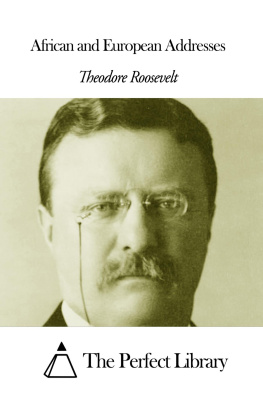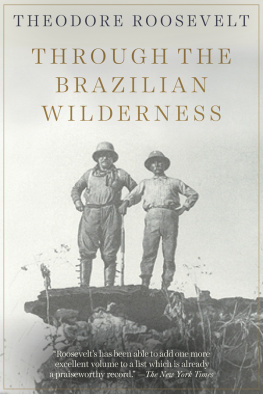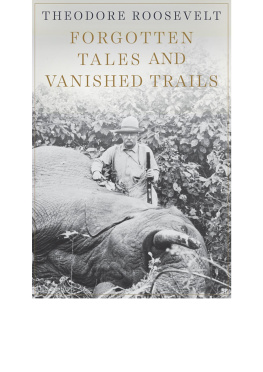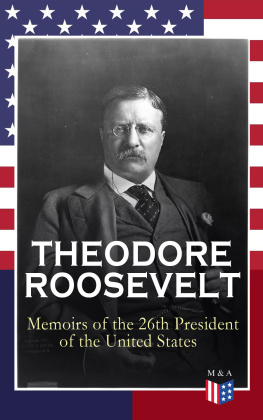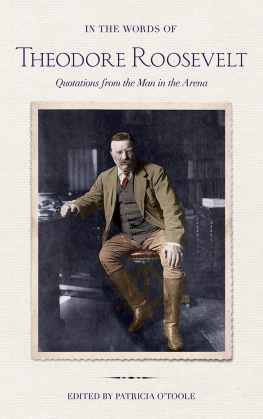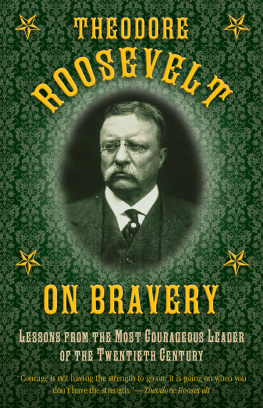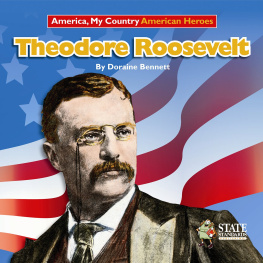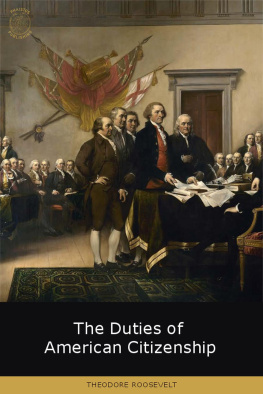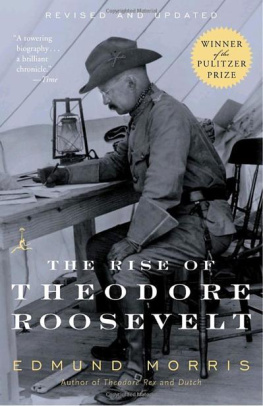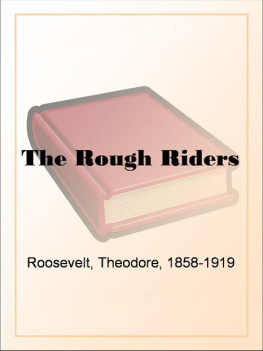Theodore Roosevelt - African and European Addresses
Here you can read online Theodore Roosevelt - African and European Addresses full text of the book (entire story) in english for free. Download pdf and epub, get meaning, cover and reviews about this ebook. year: 2014, publisher: The Perfect Library, genre: Science. Description of the work, (preface) as well as reviews are available. Best literature library LitArk.com created for fans of good reading and offers a wide selection of genres:
Romance novel
Science fiction
Adventure
Detective
Science
History
Home and family
Prose
Art
Politics
Computer
Non-fiction
Religion
Business
Children
Humor
Choose a favorite category and find really read worthwhile books. Enjoy immersion in the world of imagination, feel the emotions of the characters or learn something new for yourself, make an fascinating discovery.
- Book:African and European Addresses
- Author:
- Publisher:The Perfect Library
- Genre:
- Year:2014
- Rating:5 / 5
- Favourites:Add to favourites
- Your mark:
- 100
- 1
- 2
- 3
- 4
- 5
African and European Addresses: summary, description and annotation
We offer to read an annotation, description, summary or preface (depends on what the author of the book "African and European Addresses" wrote himself). If you haven't found the necessary information about the book — write in the comments, we will try to find it.
African and European Addresses — read online for free the complete book (whole text) full work
Below is the text of the book, divided by pages. System saving the place of the last page read, allows you to conveniently read the book "African and European Addresses" online for free, without having to search again every time where you left off. Put a bookmark, and you can go to the page where you finished reading at any time.
Font size:
Interval:
Bookmark:
under which the Addresses were given
during Mr. Roosevelt's Journey in 1910
from Khartum through Europe to New York
SAGAMORE HILL,
July 15, 1910.
| FOREWORD |
| INTRODUCTION |
| Roosevelt as an Orator. |
| PEACE AND JUSTICE IN THE SUDAN |
| An Address at the American Mission in Khartum, March 16, 1910. |
| LAW AND ORDER IN EGYPT |
| An Address before the National University in Cairo, March 28, 1910. |
| CITIZENSHIP IN A REPUBLIC |
| An Address Delivered at the Sorbonne, Paris, April 23, 1910. |
| INTERNATIONAL PEACE |
| An Address before the Nobel Prize Committee Delivered at Christiania, Norway, May 5, 1910. |
| THE COLONIAL POLICY OF THE UNITED STATES |
| An Address Delivered at Christiania, Norway, on the Evening of May 5, 1910. |
| THE WORLD MOVEMENT |
| An Address Delivered at the University of Berlin, May 12, 1910. |
| THE CONDITIONS OF SUCCESS |
| An Address at the Cambridge Union, May 26, 1910. |
| BRITISH RULE IN AFRICA |
| Address Delivered at the Guildhall, London, May 31, 1910. |
| BIOLOGICAL ANALOGIES IN HISTORY |
| Delivered at Oxford, June 7, 1910. |
| APPENDIX |
Font size:
Interval:
Bookmark:
Similar books «African and European Addresses»
Look at similar books to African and European Addresses. We have selected literature similar in name and meaning in the hope of providing readers with more options to find new, interesting, not yet read works.
Discussion, reviews of the book African and European Addresses and just readers' own opinions. Leave your comments, write what you think about the work, its meaning or the main characters. Specify what exactly you liked and what you didn't like, and why you think so.

